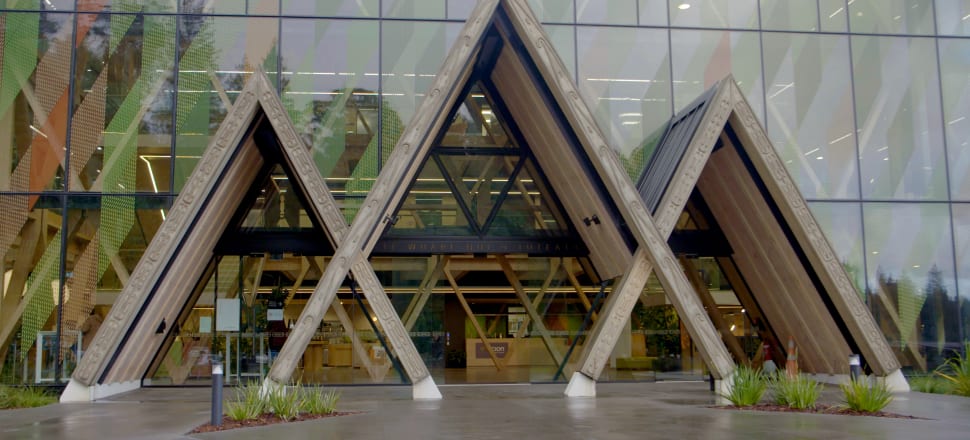
Watch video: In part 5 of our video series, The Way Forward, Rod Oram looks at big new ideas that can lead our response to climate change and improve sustainability.
If we humans are to stand any chance of a liveable future, we must transform everything we do so that we work with nature, not against it. That’s the essence of the circular economy, the subject of this fifth episode in our video series The Way Forward.
Rather than a linear economy based on extracting natural resources, making products and generating pollution with only limited reuse or recycling at the end of products’ lives, we need circular systems that ensure all natural and human-made materials are fully reused in non-polluting ways.
Examples of good guides to this are one from the Ellen MacArthur Foundation, a global leader, and here in New Zealand from the Sustainable Business Network and Circularity.
We have a particular advantage in New Zealand because of the strength and depth of our economic sectors based on biological resources and science, notably forestry and farming. However, they all face massive challenges to shift from linear to circular systems.
Scion, the Crown research institute for forestry, is at the forefront of these nascent efforts. Several decades ago, it began to explore using trees as raw materials for the likes of bioplastics as a substitute from those sourced from fossil fuels. In the past few years, it has repurposed its whole strategy around circular bioeconomy principles and opportunities.
In this episode we visit its headquarters in the Whakarewarewa forest at Rotorua to learn more about its strategy and to see how its new building is emblematic of the range of bioeconomy opportunities it is pursuing.
The first redwood trees were planted there in 1901 as the government began to explore what exotic trees would best grow in New Zealand to meet our burgeoning need for timber.
This year, Scion is celebrating the 75 anniversary of its origins, which date back to the founding locally of the New Zealand Forest Service in 1919.
Reflecting its deep roots in the forest and connection with local hapū, Scion’s circular bioeconomy strategy is deeply based on Ta o Māori and mātauranga Māori principles, which are indigenous expressions of the fundamental human necessity of working with nature, not against it.








